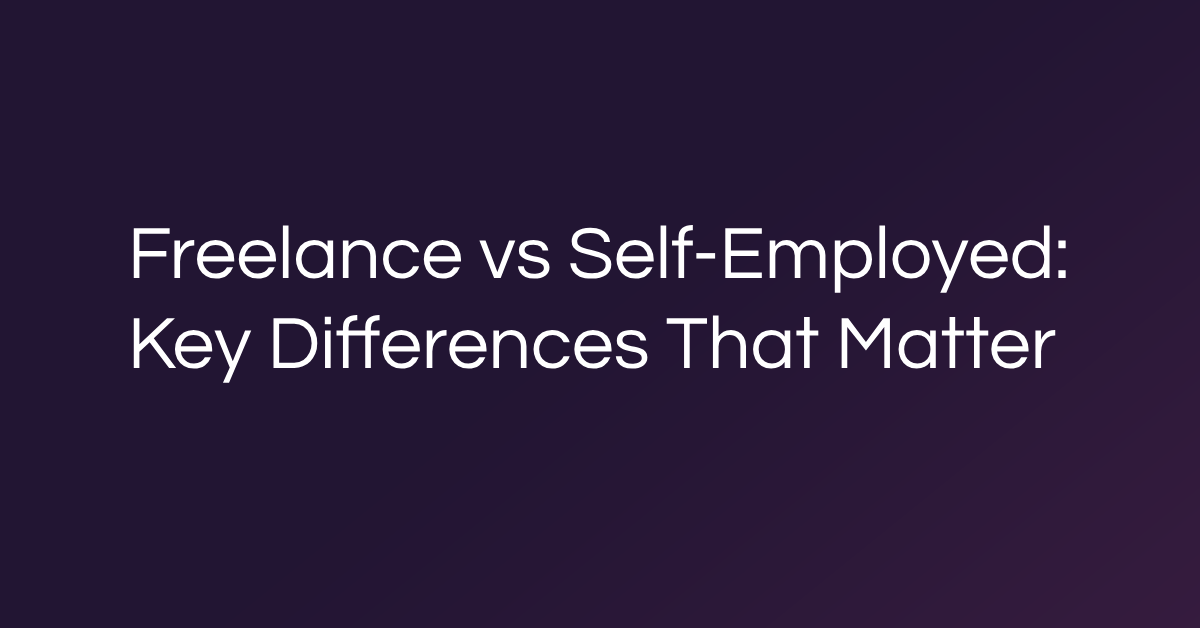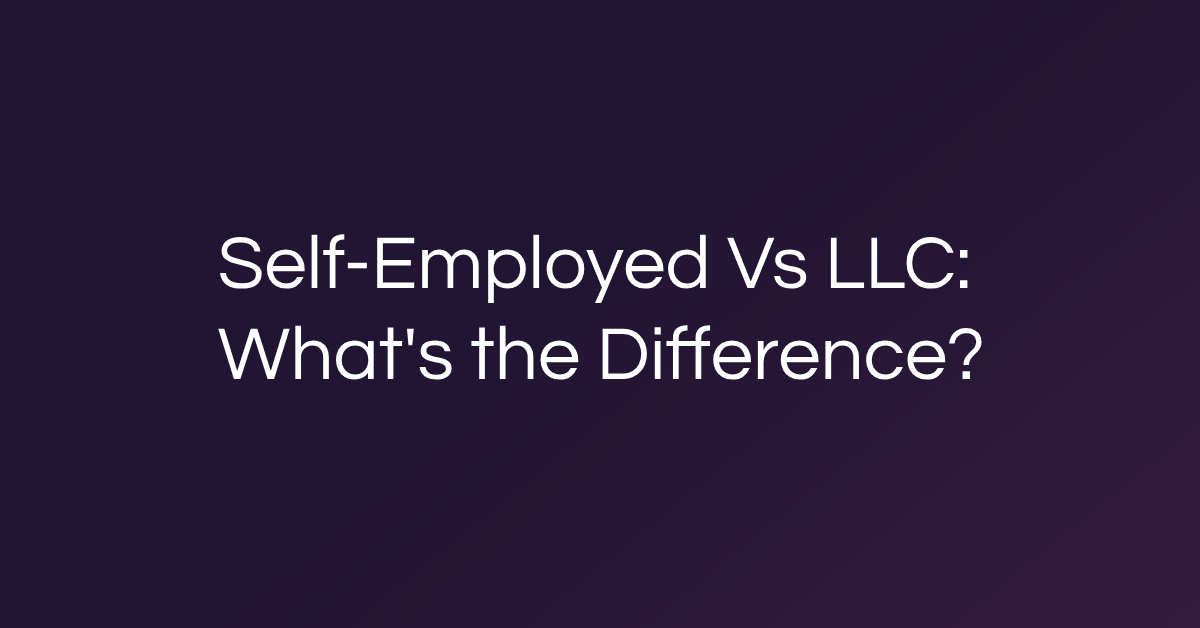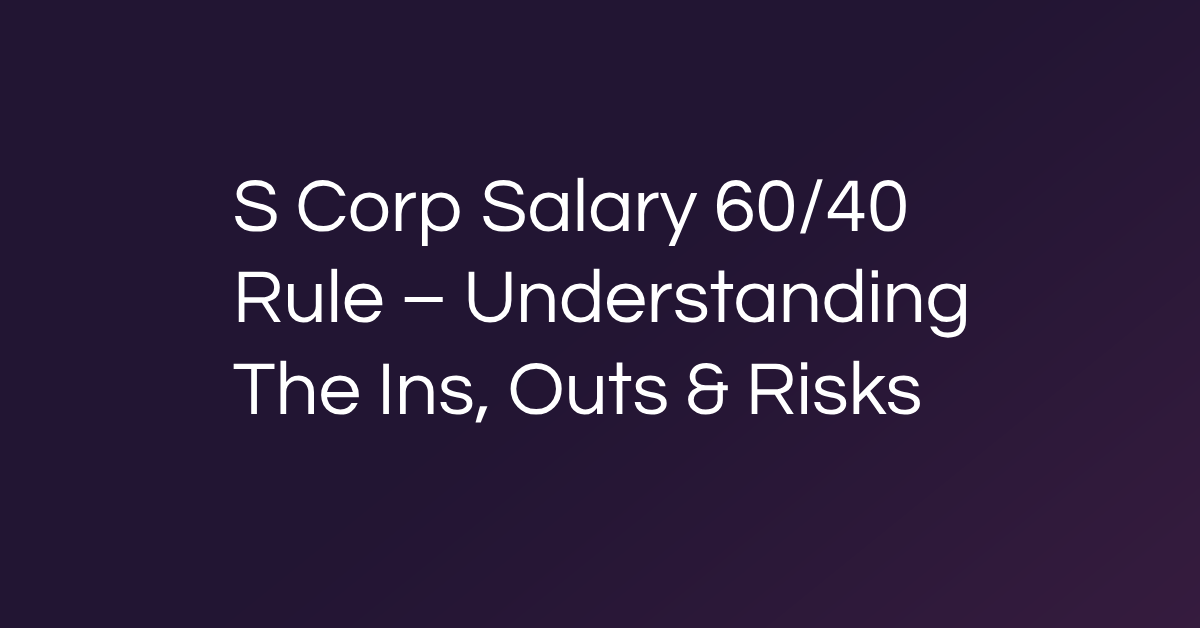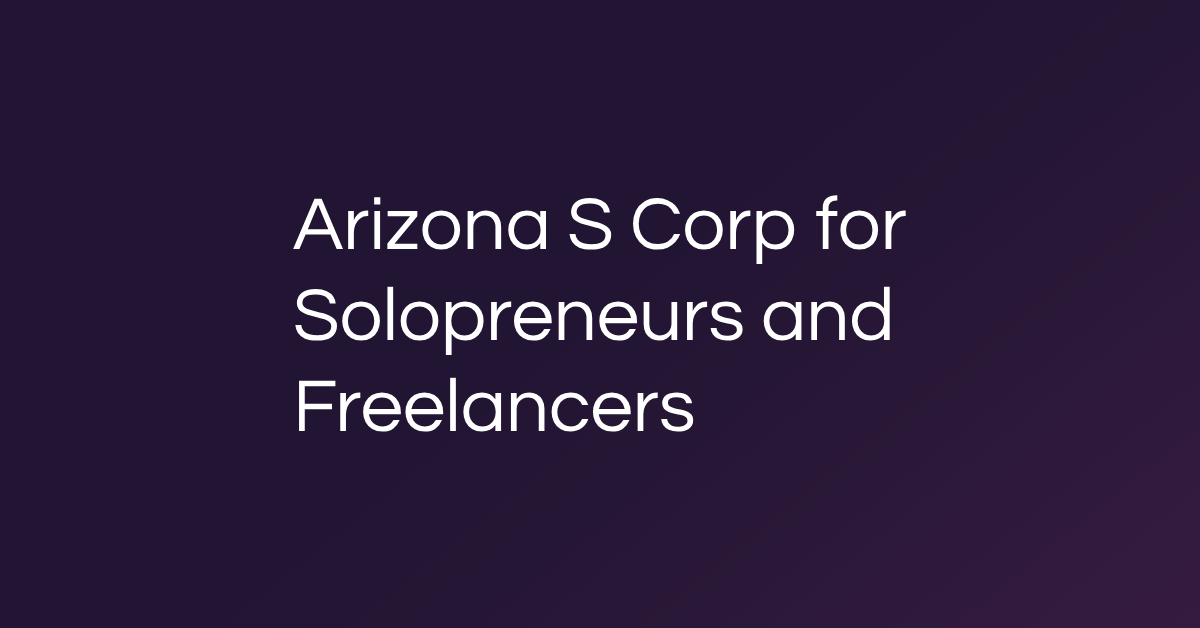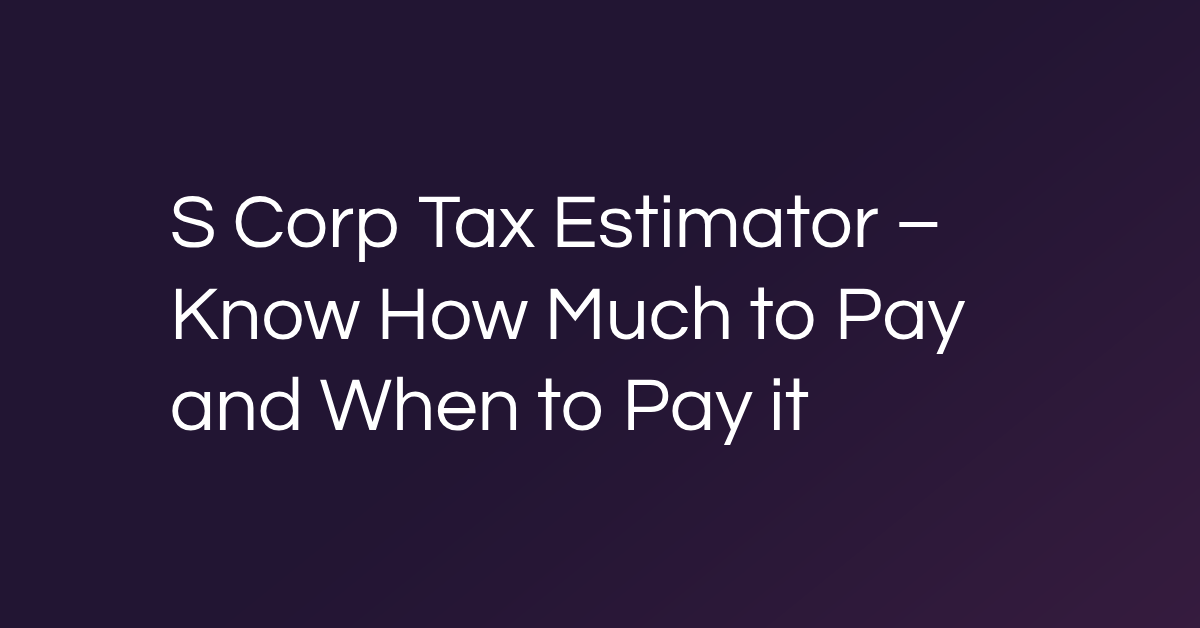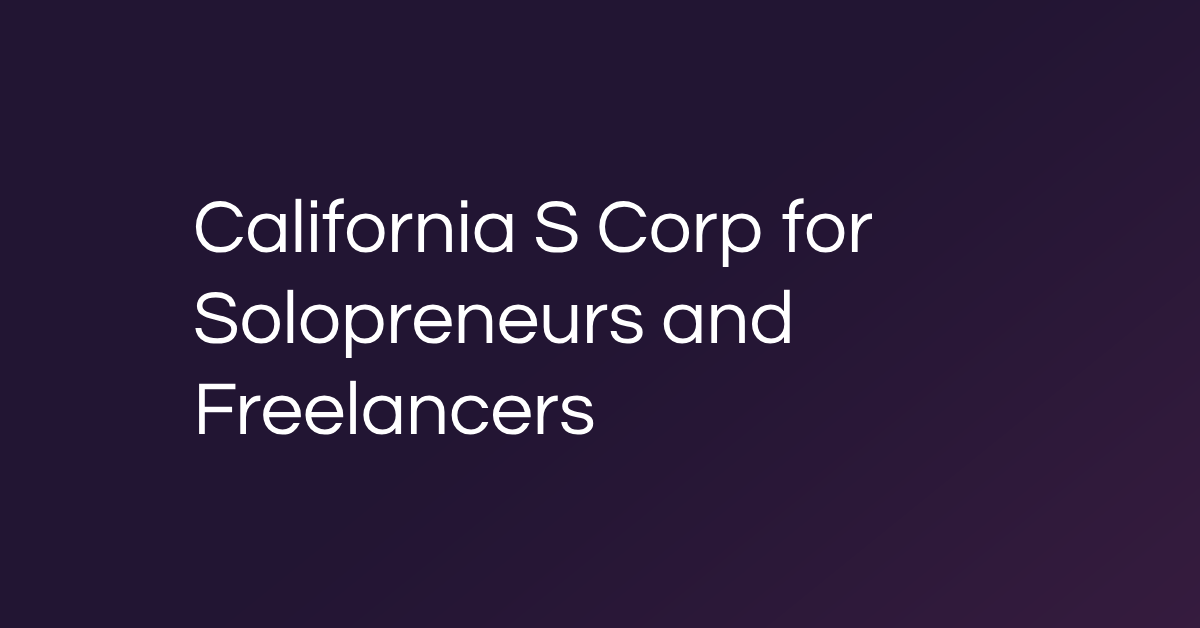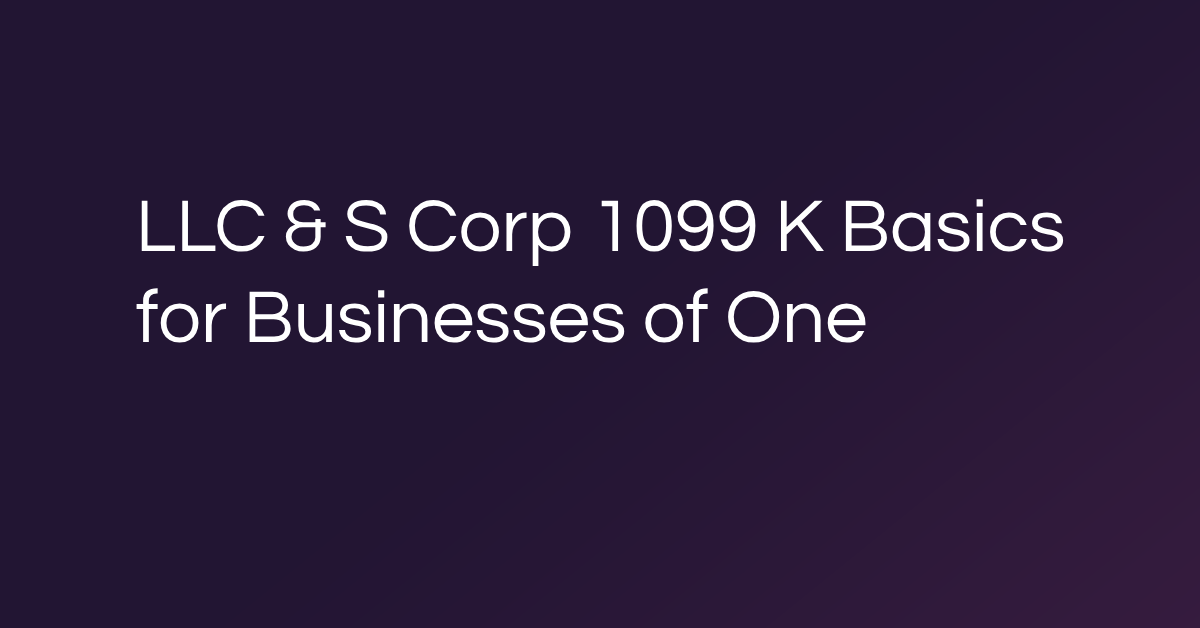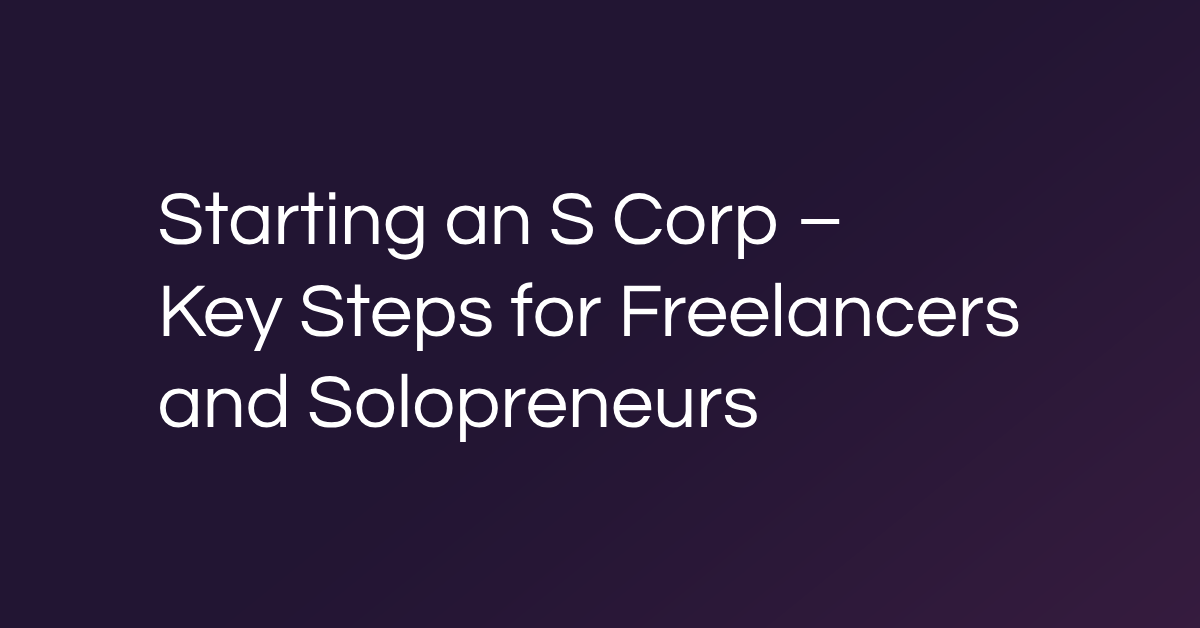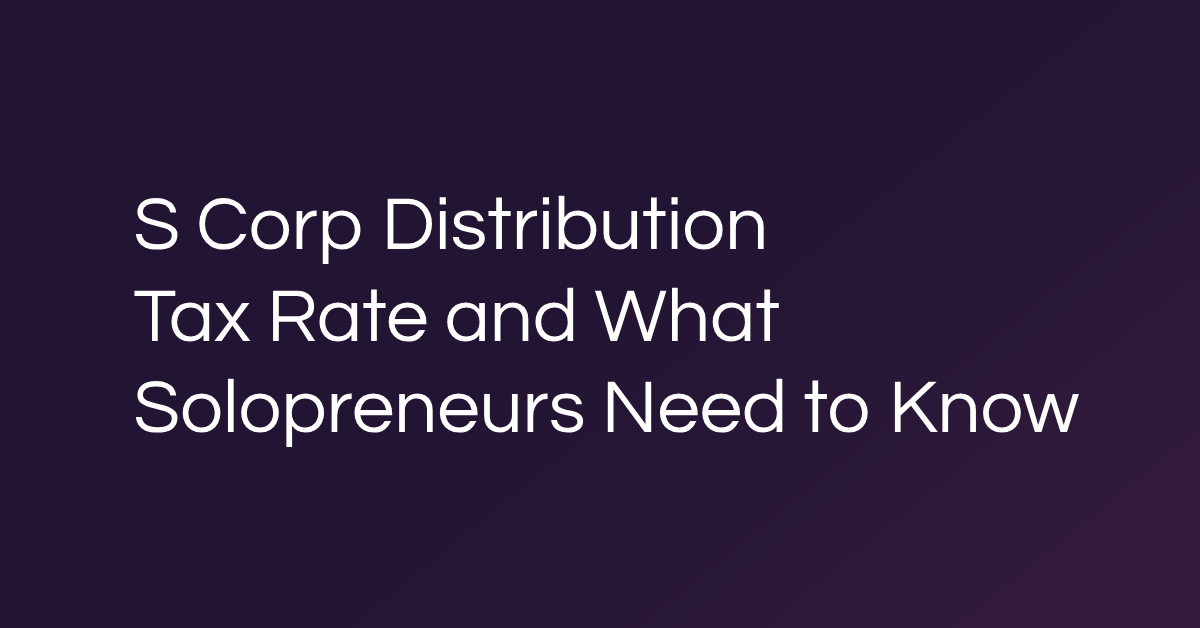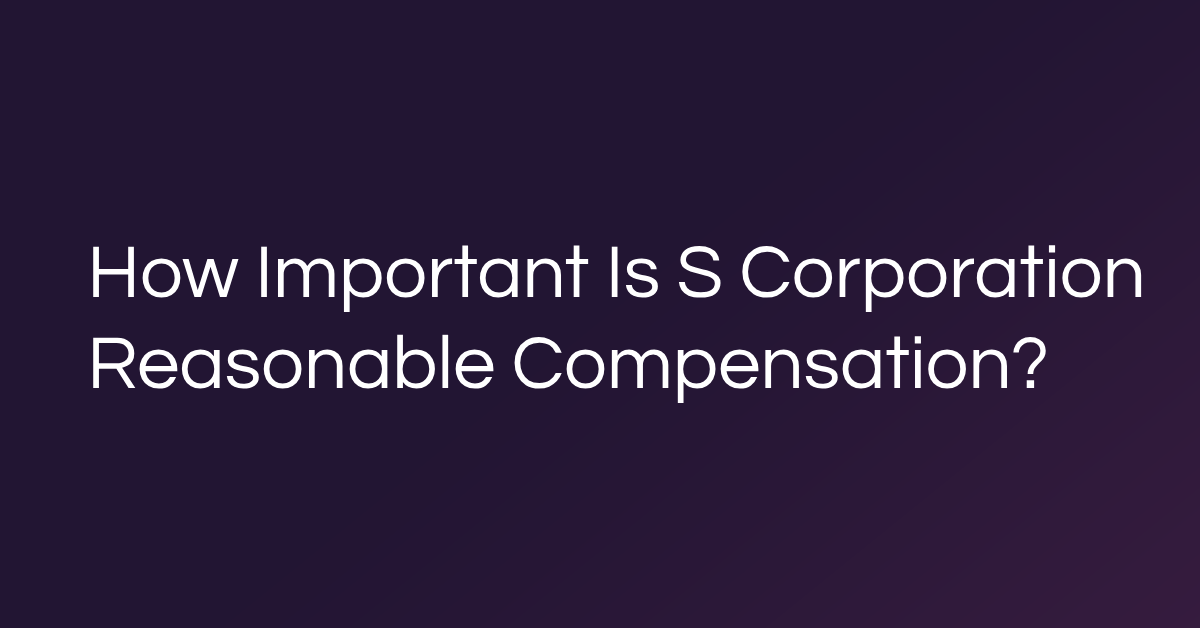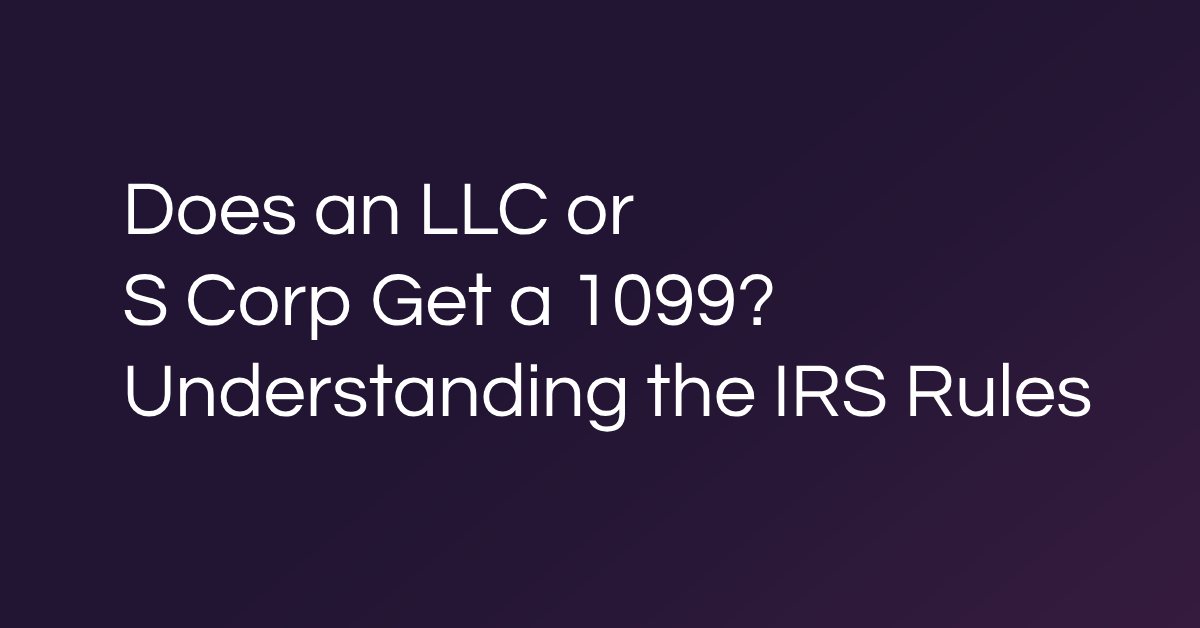If you’re working full-time and exploring the leap into solo work, comparing freelance vs self-employed helps you make the smartest move for your future. This distinction isn’t just technical; it shapes how you operate, what protections you have, and how much control you retain over your income.
Getting clear now sets you up for better decisions and bigger returns down the line. Freelancers and self-employed professionals often share tools and tactics, but how you define your role affects how you scale, how you save, and how confidently you run your business.
What does it mean to be self-employed?
Self-employed individuals generate income and operate independently, without a traditional employer. If you run a business as a sole proprietor, contractor, LLC owner, or S corp shareholder, you’re considered self-employed. This classification includes freelancers, but it also applies to consultants, solo business owners, and independent operators in every industry.
Most self-employed professionals choose a formal business structure. Setting up as a sole proprietor, LLC, or S corporation shapes how you’re taxed, what liability protections you have, and how you scale. A formal setup also opens doors to better tax strategies, business banking, and retirement contributions.
Clarifying your business structure from the start helps you manage risk, reduce taxes, and operate like a real business, not just a gig.
What is freelance work?
Freelancing is a specific form of self-employment, typically project-based, service-oriented, and highly flexible. Freelancers often work with multiple clients and get paid per project rather than on a salary or hourly basis.
Freelance work usually means:
- Short-term contracts or gig-based work
- Services like writing, design, coding, or consulting
- Greater flexibility, but less business structure
While freelancers are self-employed, many skip formal registration or entity setup. While that may keep things simple, it can limit tax advantages, legal protections, and long-term growth.
Freelancer platforms can help you find the right clients and build momentum. But to turn freelance work into a business with leverage, structure matters—especially as income increases.
Key differences between freelancing and self-employment
Freelancing and self-employment overlap, but they’re not interchangeable. The difference often comes down to how the work is structured and how prepared you are to operate as a business, not just an individual.
Key distinctions include:
- Business structure and registration: Many freelancers operate informally, while self-employed professionals often establish an LLC or S corp to handle compliance and tax strategy.
- Legal protections and liabilities: Freelancers without a legal entity take on personal liability. Self-employed individuals with formal structures limit risk through legal separation between personal and business assets.
- Growth potential and scalability: Freelancers often trade time for money. Self-employed professionals with business systems, like client contracts, recurring revenue, or staff, can scale more sustainably.
Even if you started in the gig economy, evolving your structure gives you more control. Understanding how gig work fits into the broader tax and business landscape helps you grow with intention.
Tax differences worth knowing
Freelancers and self-employed individuals both pay self-employment tax, but the way they’re taxed can vary significantly based on structure. Choosing the proper setup affects how much you keep after expenses.
All freelancers are self-employed, but not all self-employed people are freelancers
This distinction matters because broader self-employment allows for more advanced tax planning, like entity selection and income splitting.
Self-employment tax applies across the board
You’ll owe the employer and employee share of Social Security and Medicare taxes—unless you’ve formed an S corp, which can reduce that burden by separating salary from distributions.
Deductions depend on your setup
Sole proprietors can write off business expenses like home office use, but structured entities can also deduct things like health benefits and payroll. Platforms like Besolo help you navigate these deductions with built-in S corp tax optimization tools.
Examples of roles in each category
Learn how popular roles fit into each category to see where you stand—and where you might go in the future.
Freelance roles
These are typically project-based, client-facing, and service-driven:
- Writer or editor
- Graphic designer
- Virtual assistant
- Social media consultant
Many freelancers work independently without a formal business entity. But as income grows, the benefits of structure and strategic planning become more apparent.
Broader self-employed roles
These solo professionals often approach their work with more structure and long-term strategy:
- Fractional CFO
- Solo marketing agency owner
- Airbnb property manager
- E-commerce consultant
Unlike freelancers who work project to project, these roles typically generate recurring revenue, follow defined systems, and rely on client retainers. Freelancers with this type of setup gain the most by formalizing their business, which unlocks stronger tax strategies, operational efficiency, and long-term growth.
Working with professionals to set up smart systems
Choosing a business structure isn’t just about compliance—it’s a strategic move that can boost your savings and streamline your operations. Tax professionals help evaluate:
- When to shift from a sole proprietorship to an LLC or S corp
- Which structure offers the best liability protection for your income level
- How to organize payroll and benefits efficiently
Waiting until tax season to set up these systems can leave money on the table. Platforms like Besolo simplify the move to structured self-employment by combining expert-backed tools with automated tax planning features, payroll support, and compliance tracking—all in one place.
Getting structured early doesn’t just help you meet deadlines. It enables you to operate like a business, not a gig, so you can grow with clarity and keep more of what you earn.
Make your next move with clarity and control
If you’re building a business of one, knowing the difference between freelance and self-employed work helps you choose the path that fits your goals. The proper structure gives you more control, better tax outcomes, and room to grow.
Don’t wait for tax season to get organized. Set up systems now that support your income, protect your time, and position you for long-term success.
Whether you’re ready to operate as a self-employed professional with full back-office support or want to scale your freelance business with expert-backed tools, Besolo helps you work smarter, not harder.

